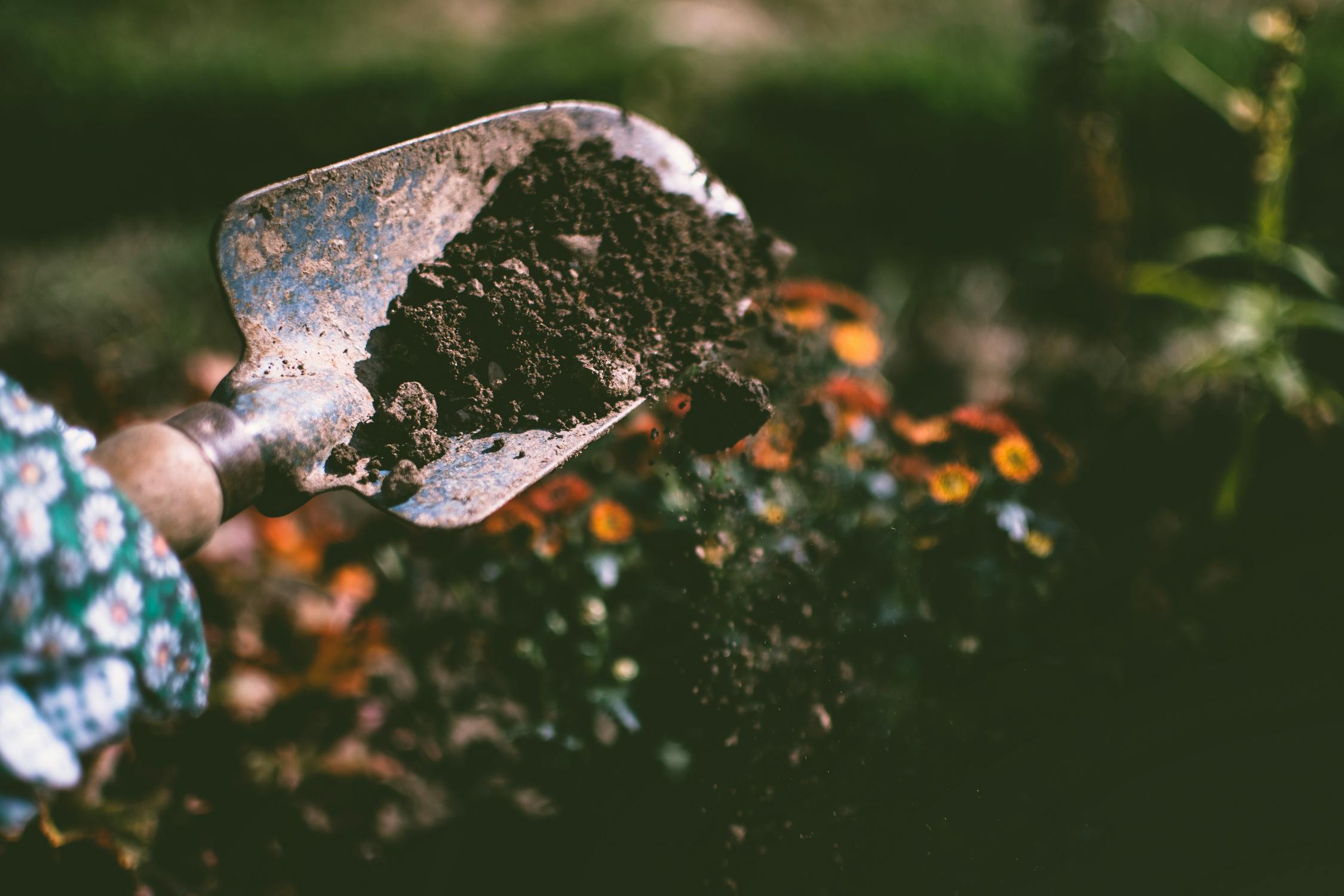
Gardening is a fun and satisfying pastime, but getting plants to grow can be a frustrating process. From invasive pests to dead soil, there are quite a few hazards that you will need to avoid if you want your plants to thrive in the coming months.
Start Feeding Your Soil Early
Well before you plant your first seeds, you need to make sure that your soil is packed with a wide variety of nutrients. The easiest way to improve your soil is to add organic matter. While many nurseries and home improvement stores sell packages of nutrients, you can easily make your own fertilizer with food scraps from your kitchen. Some of the best food scraps to add to your compost pile include vegetable scraps, old bread, coffee grounds, pulp, and crushed egg shells.
Use Plenty of Mulch
There are a few different reasons why you should consider adding mulch to your garden. In addition to keeping weeds down, that material is also going to trap in moisture. Mulch from tree trimming will be especially important if you are going to start a garden in a location that doesn’t get a lot of rain. You can also protect your plants from a late frost with a few bags of high-quality mulch.
Keep an Eye out for Indicator Plants
When a garden isn’t being watered enough, some of the weakest plants will begin to wilt, and those are referred to as indicator plants. As soon as you notice any wilting, you need to alter your watering schedule. You might need to water at a different time of the day or change the layout of your sprinklers. In most locations, gardens need to be heavily watered at least three times a week during the hottest months of the year. Once the roots are stronger, you won’t need to water as much.
Regularly Add Plant Food
Even if you have amazing soil, you will most likely need to add all-purpose plant food to the garden at least a few times a year. That food will give your plants a boost of nutrients right before they flower, and that is going to result in amazing fruits and vegetables. Before you purchase plant food, you must make sure that the product doesn’t contain any dangerous chemicals.
If you have tried these few tips and are still having trouble with your garden, then you should think about hiring a local landscaper. One of those specialists will be able to help you deal with a wide variety of issues including local pests, dead soil, an insufficient water supply, and bacteria in the soil.

